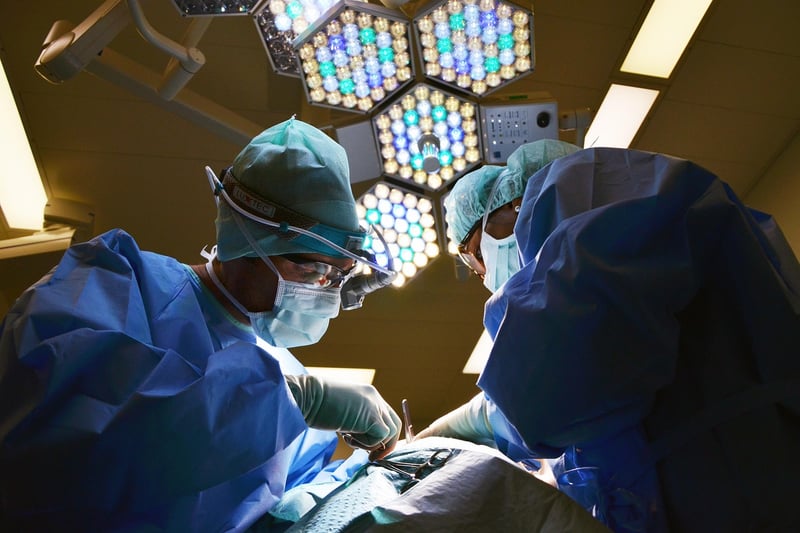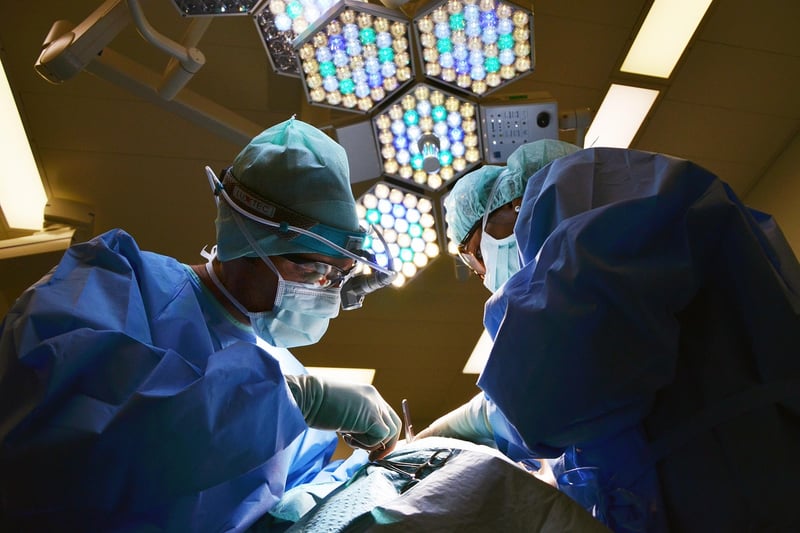Medical Technologist
The Role of a Medical Technologist in the Healthcare Industry
Medical technologists, also known as clinical laboratory scientists, play a vital role in the diagnosis, treatment, and prevention of diseases. They are skilled professionals who perform complex tests and analyze medical samples to help physicians make accurate diagnoses and develop appropriate treatment plans.
Responsibilities of a Medical Technologist
Medical technologists are responsible for a wide range of tasks, including:
- Conducting laboratory tests on blood, urine, and other body fluids
- Operating and maintaining laboratory equipment
- Analyzing test results and ensuring their accuracy
- Collaborating with healthcare professionals to interpret findings
- Following strict protocols and safety measures to ensure quality control
Educational Requirements and Training
Becoming a medical technologist typically requires a bachelor's degree in medical technology or a related field. Additionally, most states require certification from a recognized agency, such as the American Society for Clinical Pathology (ASCP) or the National Accrediting Agency for Clinical Laboratory Sciences (NAACLS).
Career Outlook and Growth
The demand for medical technologists is expected to grow in the coming years due to an aging population and advances in medical technology. This career offers excellent job security and opportunities for advancement, with many medical technologists eventually specializing in areas such as microbiology, hematology, or immunology.
Conclusion
Medical technologists are essential members of the healthcare team, playing a crucial role in patient care and treatment. Their specialized skills and expertise contribute to the accurate diagnosis and management of various medical conditions, making them invaluable assets in the medical field.

For more information on becoming a medical technologist, visit the American Society for Clinical Pathology website.
